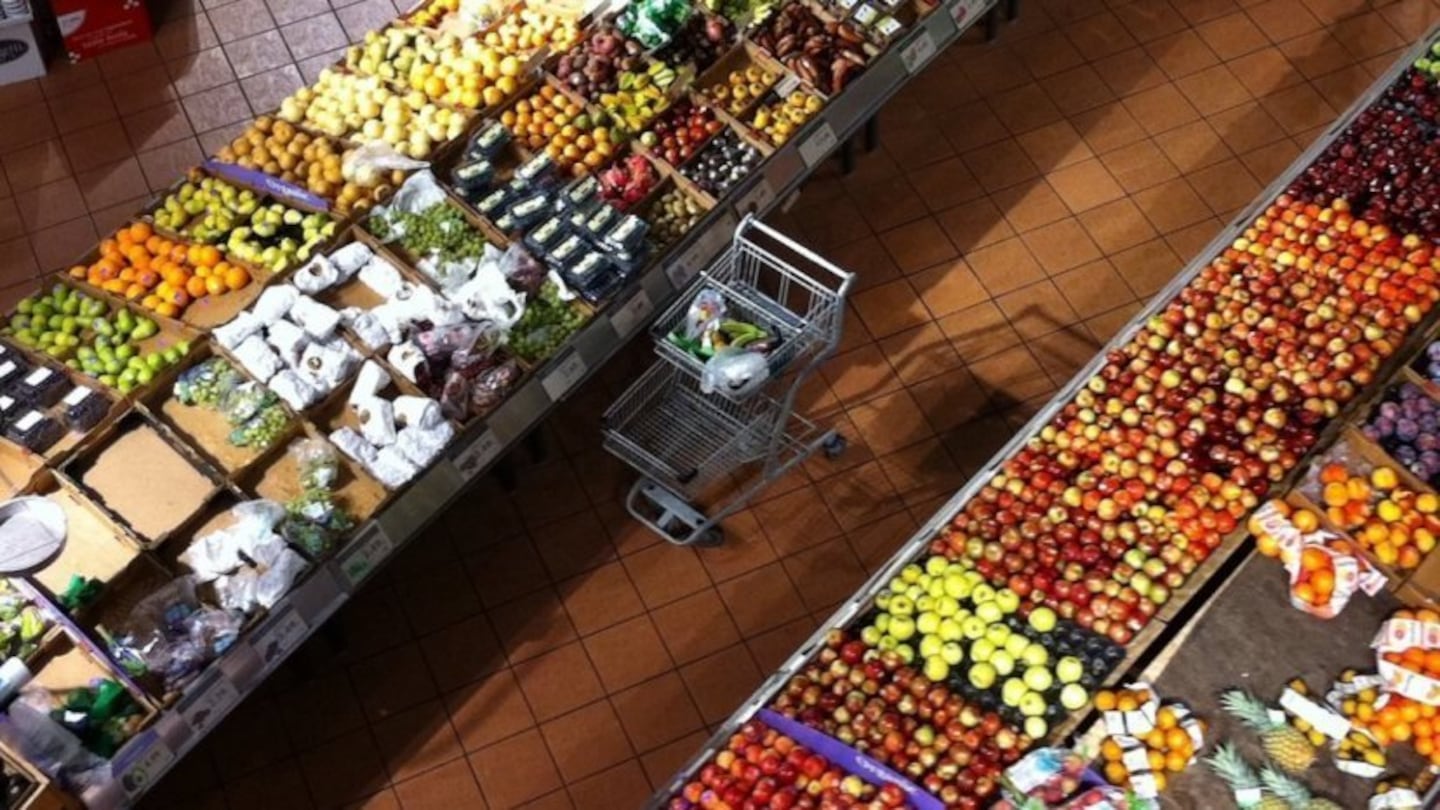The government’s pledge to scrap GST on fresh and frozen fruits and veggies should it be elected next year, might be a step in the right direction - but there are more effective solutions, according to Health Coalition Aotearoa.
“For low-income whānau, we know that fresh fruit and vegetables have become prohibitively expensive, while those on middle to high incomes are more likely to continue buying these products.” HCA Professor Boyd Swinburn said.
“If Labour is willing to put half a billion dollars a year on the table, it should invest in policies that will result in less expensive, healthier diets among those families struggling,”
Yesterday Prime Minister Chris Hipkins announced Labour’s “10 point” plan to help New Zealanders with the cost of living, with two more left to announce through the campaign.
The 15 percent goods and service tax would be removed from fruit and vegetables from next April, estimated to save households about $4.25 a week, based on an average spend of $32.50.
The government says it will increase Working for Families for about 160,000 whānau.
Dr Lisa Te Morenga, co-chair of HCA, pointed out that because fruit and vegetable prices are already cost-prohibitive, getting rid of GST won’t be as helpful for many Māori.
“Māori whanau are disproportionately represented amongst our poorest families and have the lowest ability to buy fruit and vegetables.”
“Labour is arguing that because those on the lowest-incomes spend a greater proportion of their budget on fruit and vegetables - if they can buy them at all - removing GST will make a bigger difference to those families on average.”
“But the limited benefit gained by this measure is set against a context of extreme disadvantage, in comparison to middle to high income-earners,” Te Morenga said.
HCA is calling on all political parties to boost support for practical solutions backed by evidence, like the Ka Ora, Ka Ako - Healthy School Lunches program.
Expanding that, HCA says, will tackle the expensive nature of healthy food and get the kai directly to tamariki that need it.
The programme is in 25 per cent of schools in the lowest socio-economic areas at a cost of $320m per year HCA wants it delivered to at least 50 per cent of schools.
The group also emphasises the need for policies that back alternatives to the supermarket duopoly.
This could involve promoting food hubs that provide communities with locally sourced and budget-friendly healthy food, as well as the establishment of social supermarkets.
“HCA supports Labour’s proposed increase in family tax credits - which will help more families access healthy foods and services.” Te Morenga said.
“However, more support is needed for those living in poverty, including increased benefits for those who are not eligible for Working for Families tax credits.
HCA suggests that, alongside focused assistance for accessing healthy food, the Government needs to break the Woolworths and Foodstuffs supermarket duopoly.
Increased competition would ensure more equitable prices for nutritious food, it argues.



